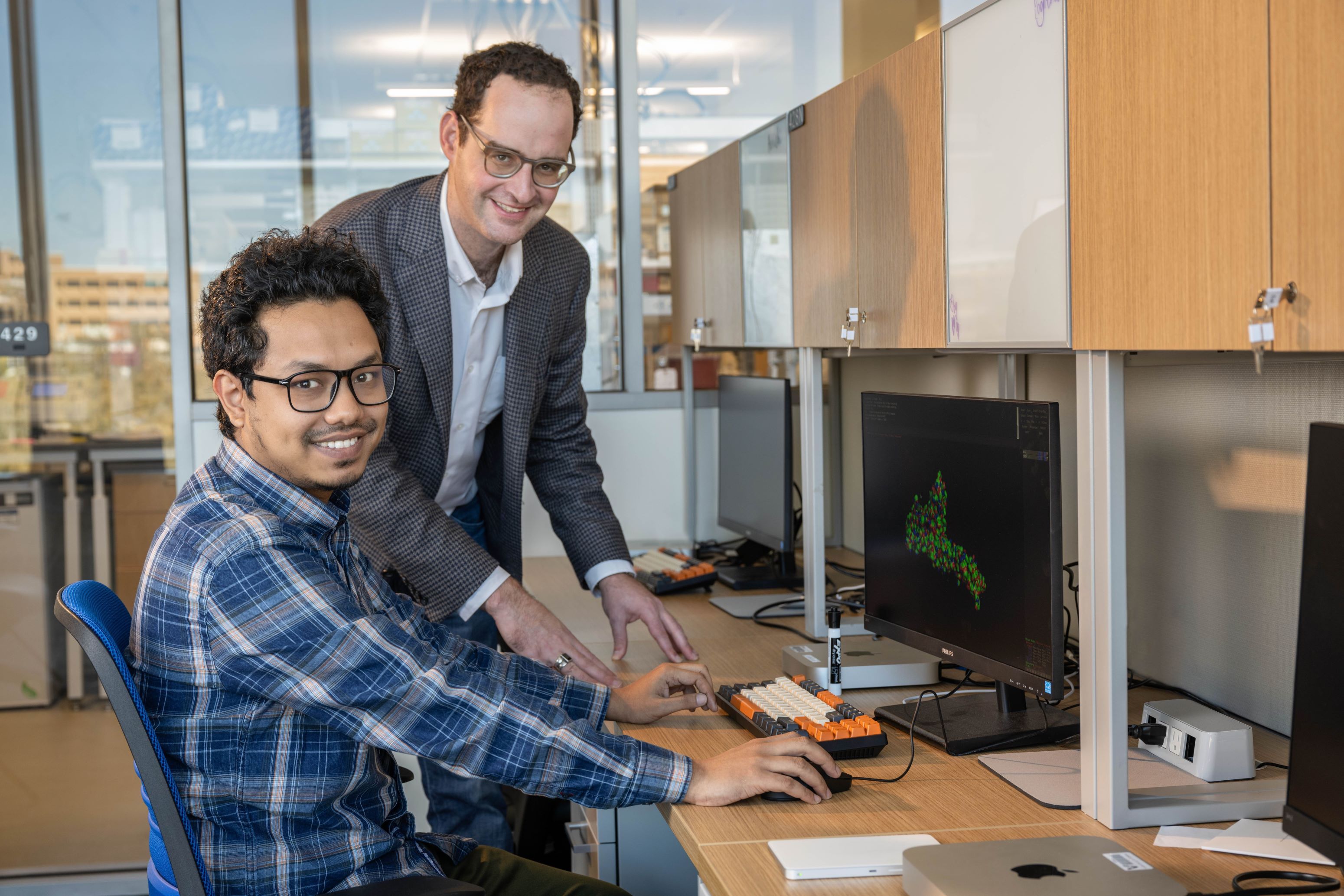UTA doctoral student selected for Google mentorship program
Jillur Rahman Saurav, a computer science doctoral student at The University of Texas at Arlington, has been selected to participate in the Google CS Research Mentorship Program.

The CS Research Mentorship Program supports the pursuit of computing research for students from historically marginalized groups through career mentoring, peer-to-peer networking and building awareness about pathways within the field.
Through the program, students are matched with a Google mentor and a small group of peers who are at a similar academic stage and interested in the same research area. These groups foster discussion and identify opportunities around various topics shared by each student and supported by the mentor through group and one-on-one meetings. In addition, students join a broader peer community and are invited to virtual networking events, career panels, tech talks and information sessions about computing research opportunities.
“My research involves implementing deep learning models to scale very large medical images. I tried many things, but they didn’t work. I contacted my Google mentor, and he understood the problem and helped me find a solution,” Saurav said. “I work with my Google mentor monthly and have peer mentorship and support from my two teammates, who attend Harvard and Tufts and are working in a similar area. It definitely has been helpful to have input from others as I pursue my research.”
Saurav is focused on developing deep learning algorithms to artificially simulate pathological images produced by lab experiments. This would significantly decrease the expenses related to purchasing reagents and the time and expertise required to make them. Saurav and his lab mates also are focusing on compressing large medical images into smaller latent spaces for the development of a cancer image search engine.
“A physician’s exposure to cancer images is limited to a certain number in their lifetime, and their knowledge is primarily based on those images,” Saurav said. “But imagine if they could access a search engine that allows them to find the prognostic, treatment and other histories of similar tumor types and grades from hundreds of patients, and even simulate different pathological experiments. It would certainly be a valuable tool to help them make informed decisions.”
The Google Research Mentorship Program is a benefit to Saurav, says Jacob Luber, an assistant professor in UTA’s Computer Science and Engineering Department and Saurav’s faculty adviser.
“Saurav’s design of generative deep learning architectures, similar to those used in applications such as chatGPT, have the potential to transform how imaging is leveraged in health care settings,” Luber said.
- Written by Jeremy Agor, College of Engineering